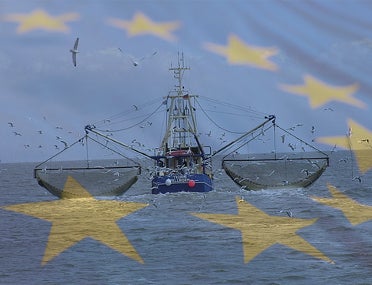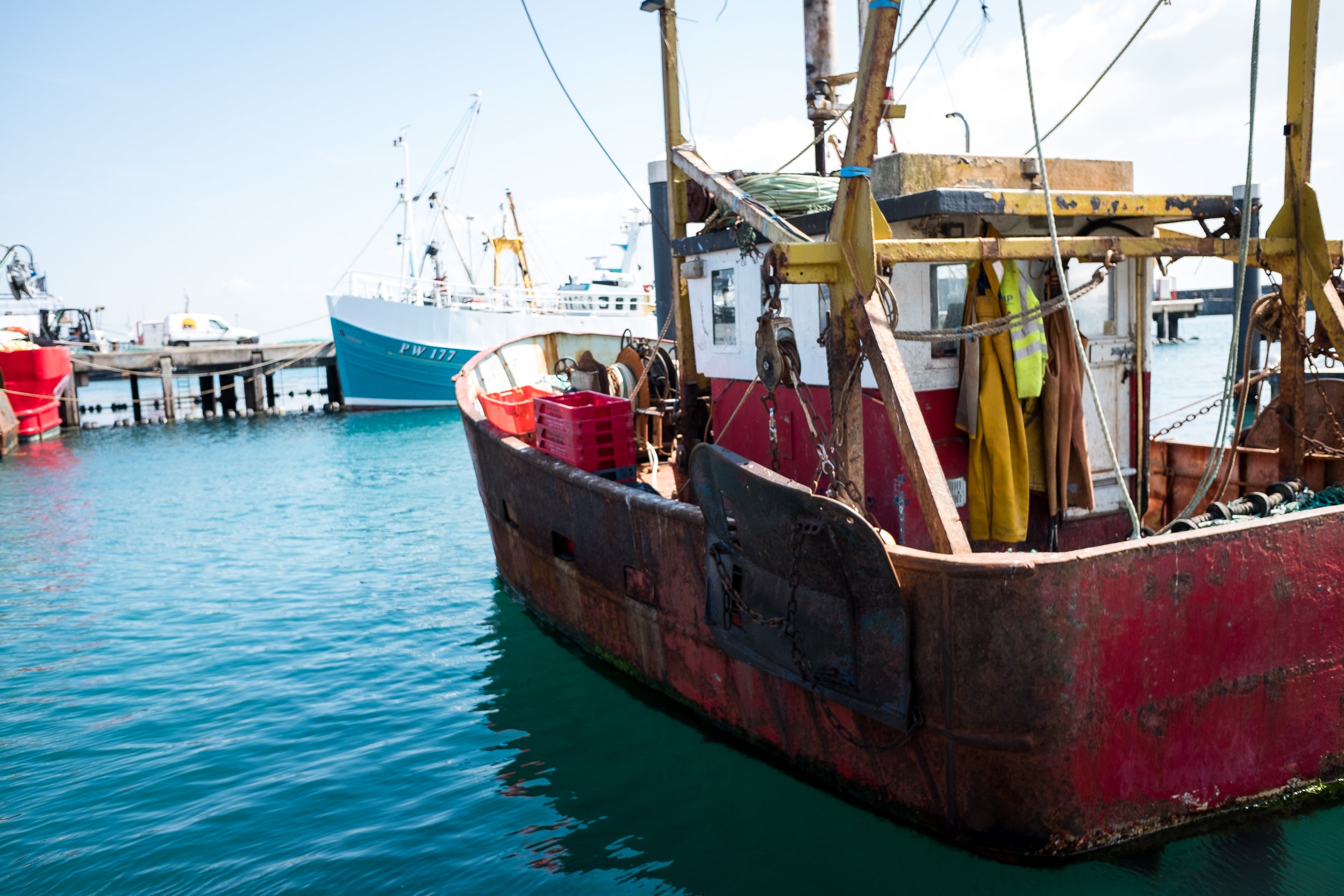European Parliament adopts final piece of CFP reform to fund sustainable fisheries

Guest author: Erik Lindebo, Brussels
Today the European Parliament adopted the European Maritime and Fisheries Fund (EMFF), which establishes the financial framework for the Common Fisheries Policy (CFP) for 2014-20. The Council is expected to agree to the text in the coming weeks, after which the new EMFF will be officially adopted by the Institutions and published in the Official Journal in June, at which point it will formally enter into force.
The new EMFF is a clear step in the right direction and should assist Member States and the fishing industry to further reduce unsustainable fishing practices.
It offers financial assistance for a variety of measures aimed at implementing the reformed CFP. Particularly encouraging is the inclusion of:
- Support for investments that enable fishermen to purchase fishing gear and equipment that avoids catching unwanted fish and that facilitates handling, landing and storage of unwanted species. This assistance will provide robust incentives for fishermen to change catching behaviour and ease the overall transition of the fishing industry to more sustainable practises.
- Increased earmarking of funds for data collection and control and enforcement activities. As the new CFP is implemented, more and better data will be needed. The funding increase will help. An enhanced level of collaboration between scientists and fishermen can also be financed to promote innovation and research, which will provide multiple benefits to fishery managers. Resources to properly implement at times costly results-based approaches will deliver collective benefits and provide industry the opportunity to move towards output-driven results with full accountability.
- Co-financed pilot projects and increased support for Advisory Councils, Producer Organisations and stakeholder dialogue. As we move towards a more regionalised policy, the significance of such support will only increase, as more bottom-up approaches will need to be developed.
- Support for fishing opportunity allocation systems. Rights-based management (RBM) systems will play a vital role in promoting a more adapted, profitable and self-sufficient fishing industry. Previous results from across the globe demonstrate that considerable time and resources are needed to allow for careful design and stakeholder engagement and input when developing such systems.
The final piece of the puzzle is in place. Let the implementation of the CFP begin!











